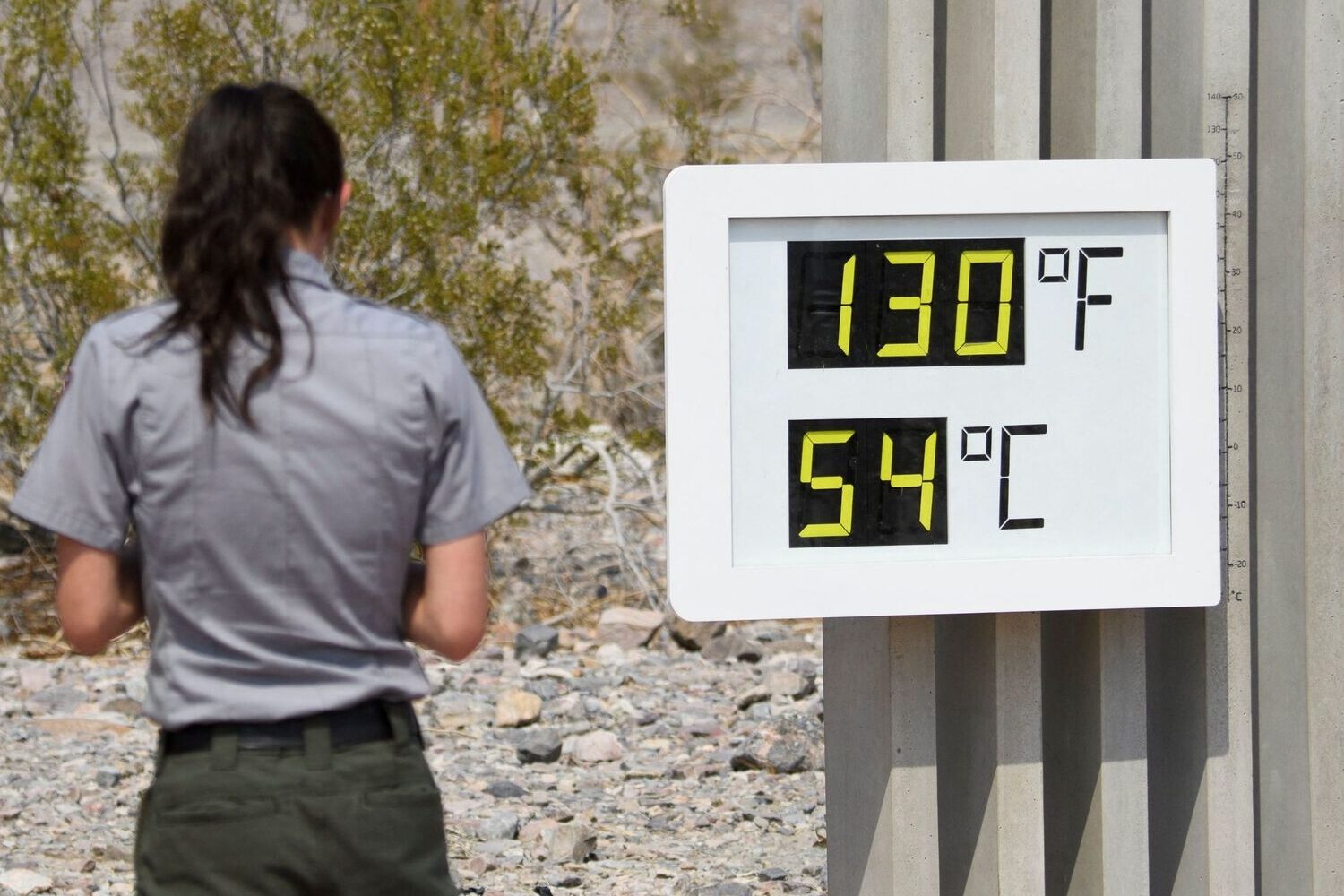
Donations will provide immediate relief to those impacted by the record-breaking heat wave across the United States. Funds will be used for emergency cooling centers, distribution of water and cooling supplies, and assistance to vulnerable populations such as the elderly and those with medical conditions. Contributions will also support long-term community resilience initiatives to better prepare for future heat events.
In June 2024, the United States experienced a record-breaking heat wave, with temperatures soaring to unprecedented levels across the Midwest, Great Lakes, and Northeast. Over 150 million people were affected, facing dangerously high temperatures and heat indices. The extreme heat has caused widespread health risks, strained power grids, and significantly disrupted daily life. Emergency services have been working tirelessly to assist those in need, but the scale of the crisis requires additional support.
The record-breaking heat wave in June 2024 has set new temperature records across multiple states, significantly impacting large regions of the United States. Cities such as Chicago, New York, and Washington D.C. have reported temperatures reaching or exceeding 100 degrees Fahrenheit. The National Oceanic and Atmospheric Administration (NOAA) has highlighted the severity of this heat wave, noting that it is one of the earliest and most intense heat events on record.
This extreme heat has led to increased instances of heat-related illnesses and fatalities, particularly among vulnerable populations such as the elderly, children, and those with pre-existing health conditions. Hospitals have seen a surge in heat-related emergencies, and public health officials have issued widespread warnings and advisories.
Power grids have been under immense strain due to the high demand for air conditioning, leading to localized outages in some areas. The heat wave has also disrupted transportation, with roads and railways experiencing heat-related damages and delays.
Emergency cooling centers have been set up across affected areas to provide relief, and local authorities are distributing water and other cooling supplies to residents. The situation has underscored the need for robust heat mitigation strategies and community support systems to handle such extreme weather events effectively.